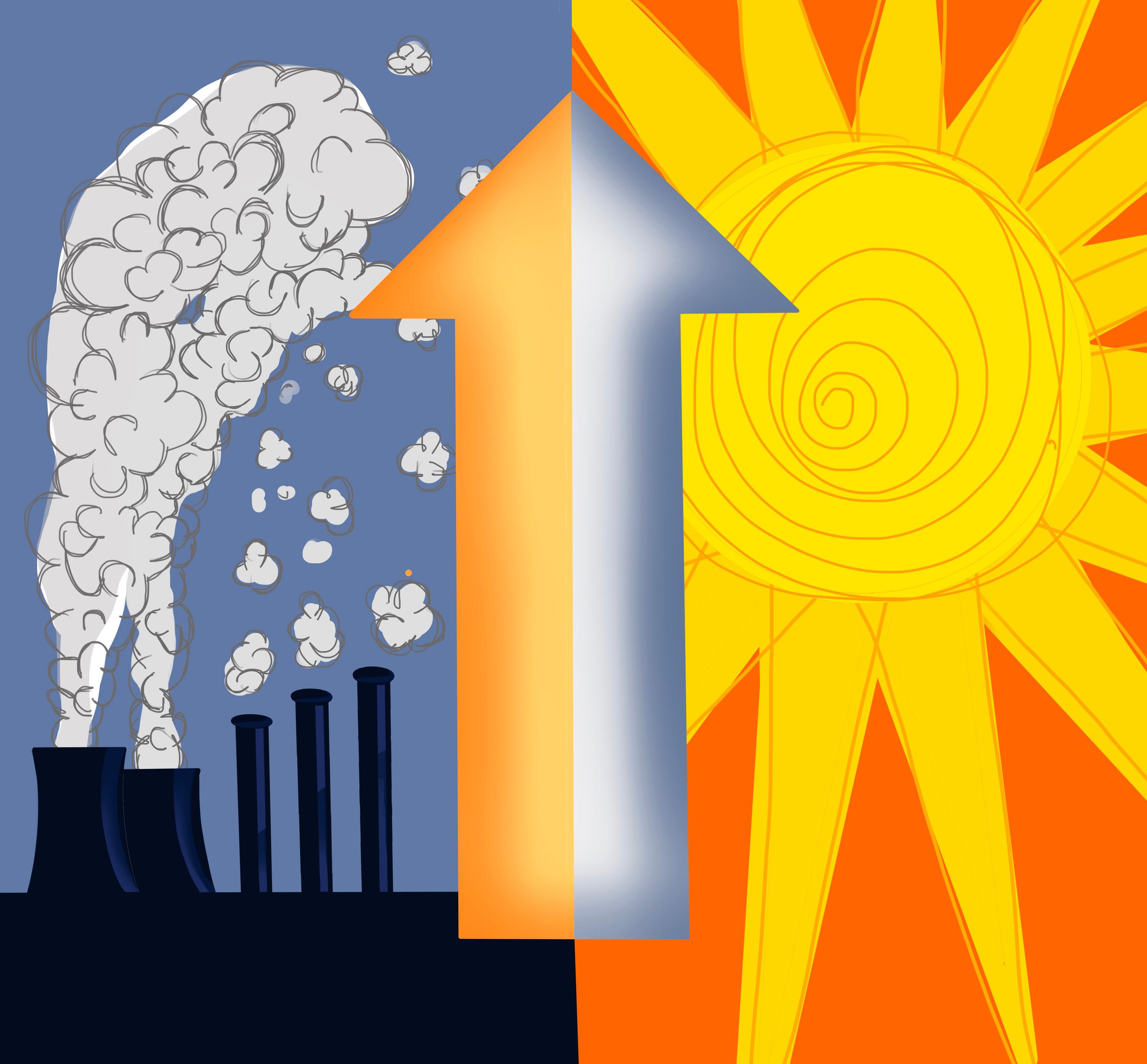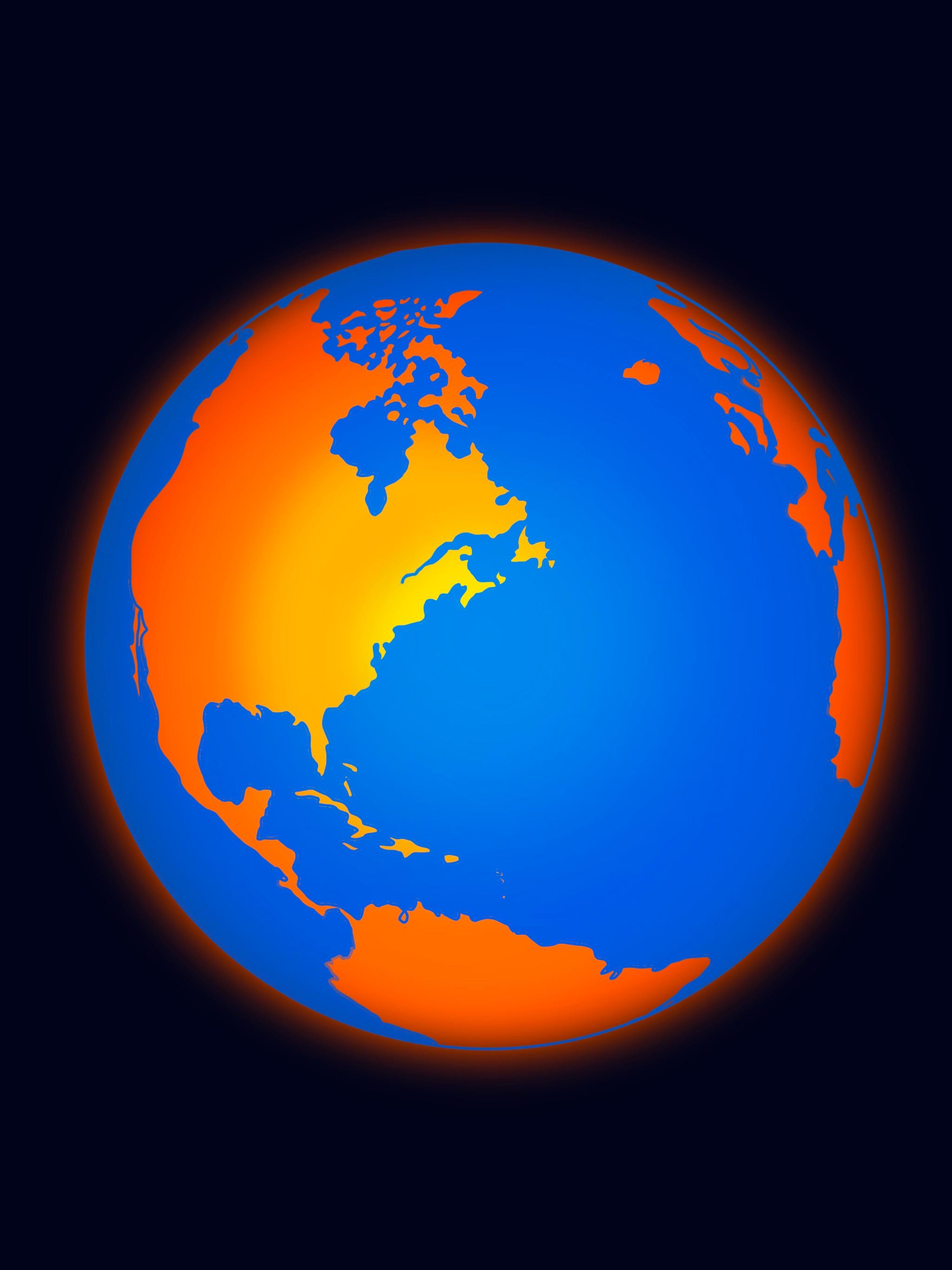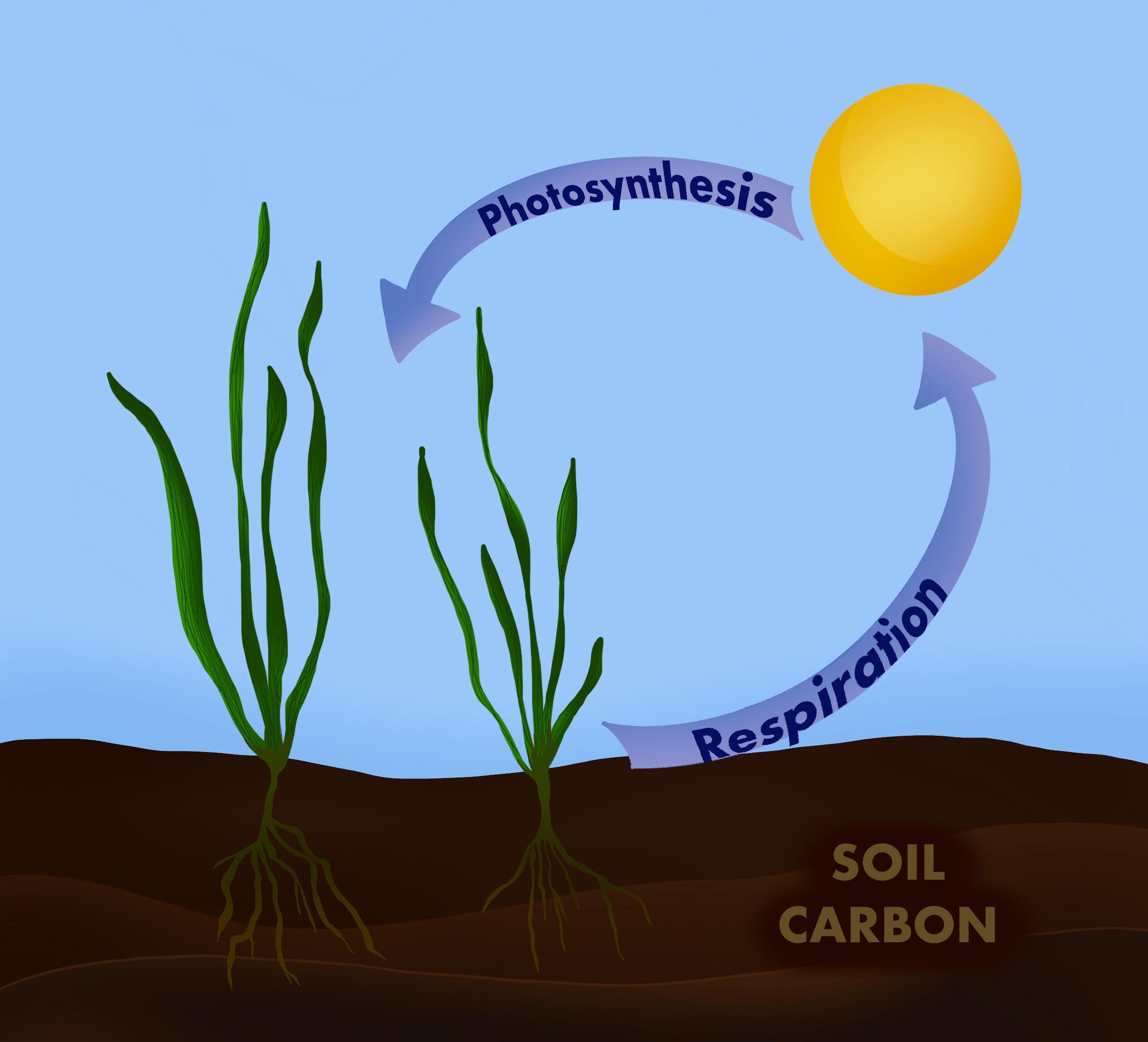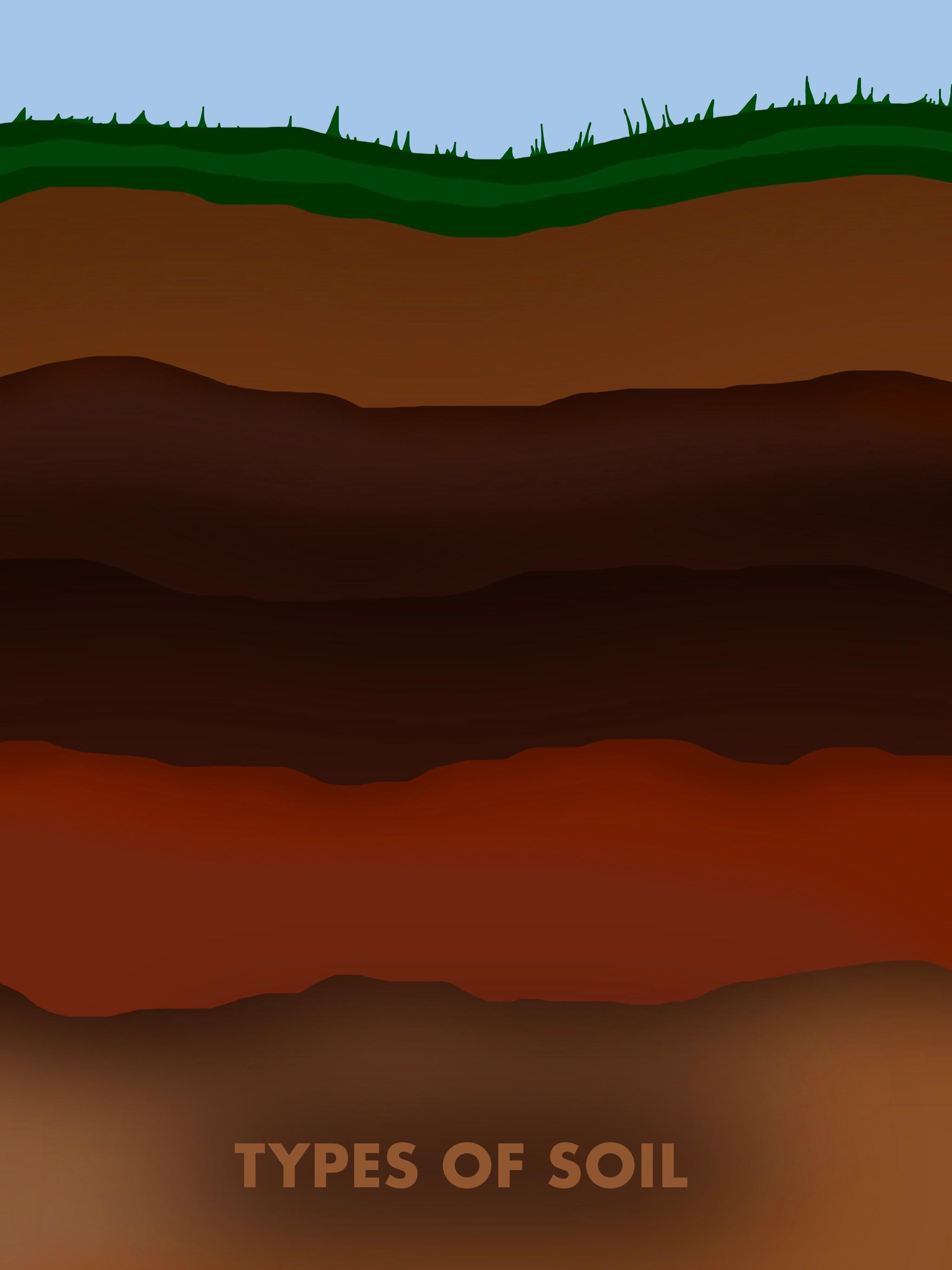
2 minute read
ANOTHER CARBON-RELEASING MONSTER
from Winter 2023 Edition
by scienceholic
Author: Mirabel Zou
Editors: Peggy Yang and He-Hanson Xuan
Advertisement
Artist: Denise
Suarez
Global warming is the most prominent environmental issue in the 21st century Although it is common knowledge that climate change can be mainly attributed to carbon emissions, it is less known that carbon release is propagated in a positive feedback loop; as temperatures increase, more carbon is released. This phenomenon is the cycle of soil warming.

Soil is one of the leading carbon sinks on Earth because a signicant portion of the Earth’s carbon is stored in the soil, the ocean, and forests Releasing even a small percentage of carbon from the soil will substantially impact the climate. Unfortunately, it is happening worldwide, and people are contributing to its exacerbation. The shrinking of carbon storage is caused by various factors, including the decrease of plant life or change in microbial activity, all of which are connected to human interactions and global warming
A recent research paper by the University of Exeter highlighted their
Newest findings on soil warming. After examining 9,300 different soil samples from across the globe, they reported that the amount of released carbon could be linked to the soil type For example, coarse-textured soils were found to lose three times as much carbon as ne-textured soils. This is due to their clay content. The clay content of soils is a strong indicator of a soil’s carbon stabilization capacity. Finer soils with more clay provide more mineral surface area for carbon-based organic material to bind to, which makes the soil denser and thus better at retaining carbon
Tracing these soils back to their origin locations, they linked them with the region’s temperature Fine-textured soils are mainly sourced from tropical areas, and coarse-textured soils mostly originate from
Environment and Antics
cooler areas far from the equator. This suggests that cooler areas are more susceptible to temperature increments and warrant more attention. It was also discovered that, for every 10°C increase in temperature, average carbon storage across all soils decreases by over 25%, the validity of which is further affirmed by Professor Hartley. This positive feedback loop is the perfect formula to accelerate global warming.
On a social level, this information is a powerful asset for evaluating models for Earth, specically in model improvement on representing soils and their effects on the global carbon cycle The data above additionally identied the areas most vulnerable to soil stock decline The study was also a wake-up call for the world that carbon storage is declining, emphasizing the dangers of climate warming. Further research will be conducted on quantifying the amount of carbon released concerning current soil degradation rates. These findings could more accurately simulate the future of climate change, giving us a better vision of what we need to change
Soil carbon sequestration is a process where carbon dioxide is removed from the atmosphere and stored in the soil carbon pool, either naturally or through agricultural management It can potentially be a long-term solution to global warming as it benets both the environment and farmers However, with this newfound data, this method no longer holds the same promise. The results underscore an overestimation of soil’s potential to sequester carbon and emphasize the capability of vulnerable soil carbon stocks to exacerbate climate change in the future This does not signify soil sequestration is completely useless–we simply haven’t discovered a way for soil carbon storage to help us in the long run As researchers are looking into understanding more about this method, the most we can do to help is to slow down climate change by cutting fossil fuels and switching to renewable sources. Global warming keeps challenging society today and posing even more risks for our future Therefore, it depends on us to continue researching and implementing strategies for change and recovery



